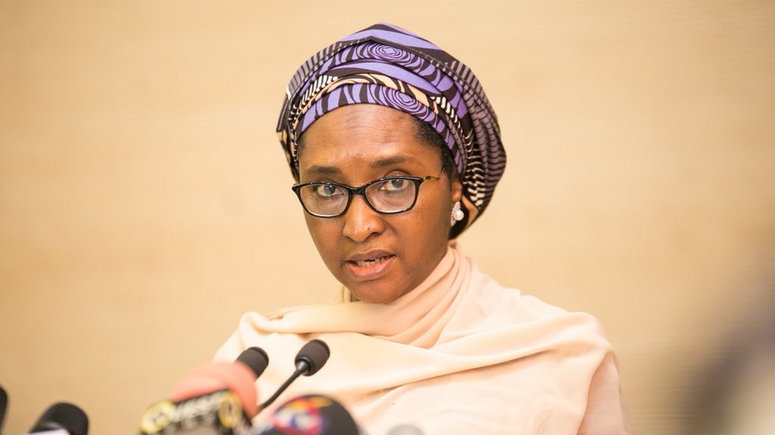The Minister of Finance, Budget and National Planning, Mrs. Zainab Ahmed, Sunday, said Dangote refinery would save the country more than $10 billion spent on crude importation and create jobs.
Speaking while being conducted round the ongoing Dangote Petroleum Refinery, Petrochemical complex, fertilizer plant and Subsea gas pipeline projects, Zainab said President Muhammadu Buhari’s government was eager to see the company commence operation.
According to her, the government would continue to provide an enabling environment to grow local businesses and attract investors.
“We are very confident that once Dangote refinery commences operation, it will save us over $10 billion Nigeria spends on importing crude oil and also help to build local capacity and create jobs.
”The money we save will help to strengthen our macro-economy, which will, in turn, encourage investors to come in,” she said.
The minister, who also inspected the ongoing Apapa-Oshodi-Ojota-Oworonsoki Expressway, however, assured the Dangote group of the federal government’s support to ensure the reality of the project.
She said: “We are going to be providing some intervention in the area of duty and some tax waiver, which is available to every organization in that sector and part of my visit is to see the benefit of the incentive we have been providing.”
On his part, President of Dangote Group, Aliko Dangote, said as soon as the refinery was completed next year, the company intended to grow its revenue from $4 billion to $30 billion, while also creating massive employment opportunities.
“By the time we finish this refinery and other projects, we are going to record a major change, we are looking at moving from $4 billion revenue to $30 billion in revenue. That will strengthen us to invest more money in our domestic economy.
“We don’t want Nigeria to be an import-base economy but export-base. We have tried that in cement and it has really worked, in the sense that we are looking at exporting almost $400 million to $500 million worth of cement in the next one to two years,” he said.
Aliko explained that due to the inability of local construction companies to handle some aspects of the ongoing project, his company was left with no other option than to procure some of the equipment.
He said: “We have to buy some of the equipment we use for construction as they are not readily available within the country. After this refinery project, with the kind of modern and sophisticated equipment at our disposal, we may move into the construction industry.”
Speaking on the capacity of the refinery, Aliko said it would be the single largest train petroleum refinery in the world with 650,000 barrels per day, with 838 KTPA polypropylene plant.
According to him, it is the largest sub-sea pipeline infrastructure in any country in the world with 1,1pp kms to handle 3 billion SCF of gas per day.
“Our refinery can meet 100 percent of the Nigerian requirement of all liquid products such as gasoline, diesel, kerosene and aviation jet. It will also have a surplus of each of these products for export, he said.
He stated that after completion of all the projects, his company would have the capacity to generate over 280,000 direct and indirect jobs.

